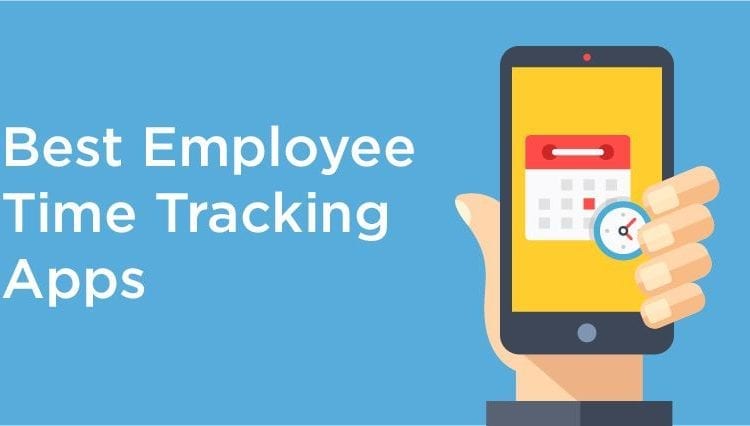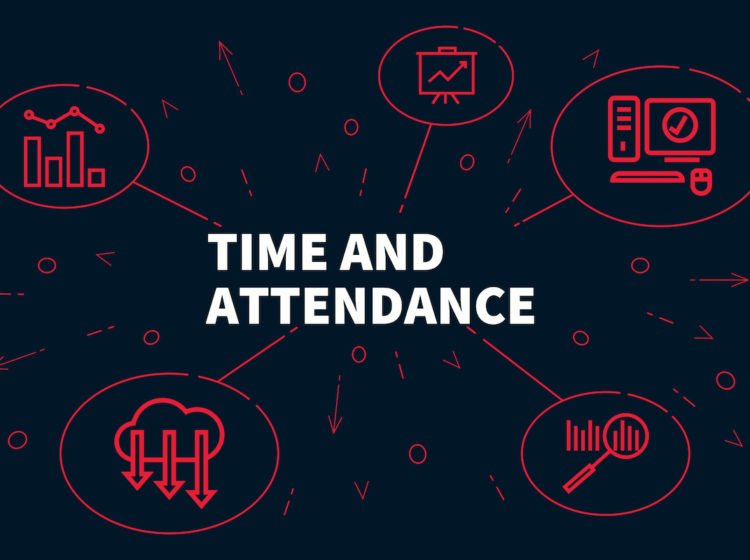Managing the time clock rules and your employee’s time correctly is important for your small business.
Why are Timekeeping and Time Clock Rules Important?
With accurate records, you can ensure you are compliant with federal and state labor laws.
You can track attendance easier and see trends. You know who shows up, when they were absent or on vacation, and who is missing a lot of work. This gives you valuable data to help manage your business. For example, if you have a janitorial employee who doesn’t make it to their job site frequently, you may make other decisions regarding their position.
If you bill a client for time, accurate records help you know the exact times to bill. There is no misunderstanding with clients.
It also gives insight and shows you what jobs take more time so that you can know how many people to hire. Furthermore, accurate timekeeping will help you price jobs in the future. Good timekeeping information helps you make important decisions.
Finally, your employees will have the same information. With accurate timekeeping, you both have the same data so there are no surprises.
What Information Do You Need to Track Time for Hourly Employees?
The Fair Labor Standards Act (FLSA) requires employers to maintain accurate records. They do not, however, require employers to use time clocks or any specific system.
You should have the following information on record for each employee:
- Employee’s full name and social security number.
- Address, including zip code.
- Birthdate, if younger than 19.
- Sex and occupation.
- Time and the day of week when an employee’s workweek begins.
- Hours worked each day.
- Total hours worked each workweek.
- The basis on which employee’s wages are paid (e.g., “$9 per hour,” “$440 a week,” “piecework”).
- Regular hourly pay rate.
- Total daily or weekly straight-time earnings.
- Total overtime earnings for the workweek.
- All additions to or deductions from the employee’s wages.
- Total wages paid each pay period.
- Date of payment and the pay period covered by the payment.
Each employer should keep payroll records for three years. Also, employers should keep records that show wage computations for two years. For example, timecards, wage and time schedules, piece work information, wage rate tables, and records of additions or deductions for wages.
The FLSA says that any timekeeping plan (e.g., time clocks, timekeeping app) is acceptable as long as it is complete and accurate.
Need an Affordable Mobile Time Tracking App for Your Employees?
What Are the Overtime Rules?
Overtime is an overhead cost that can be expensive if not managed correctly.
The definition of overtime is working time in excess of a standard day or week. The FLSA requires employers to pay one and one-half times the regular rate for all hours worked over 40 hours in a workweek. The FLSA does not require premium pay for daily overtime or when an employee works on a weekend or holiday.
However, some states such as California have stricter guidelines for overtime. Some states have daily laws for working over eight hours or more a day. It is important to know your state laws to help you make the right decisions regarding overtime pay.
The new Department of Labor rules that went into effect on January 1, 2020, requires you to pay overtime to anyone who makes under $684 a week regardless of their job title. That is $33,568 per year.
A salary status does not mean they are exempt from overtime. There are five categories in which an employee could be exempt. They are executive, administrative, professional, computer, or outside sales. Each of these has a duties test so you may determine whether they should be paid overtime.
If you are unsure of an employee’s exempt status after reviewing the duties tests, you may want to consult with an employment law attorney.
[Own a janitorial cleaning company? check out our list of the best janitorial time tracking apps].
Can My Boss Make Me Wait to Clock In?
Employers can try to limit payroll costs as much as possible. There are assigned times when an employee is to be at work and leave. Your employer can ask you to wait to clock in if you come to work early. You shouldn’t be working off the clock either. Once you clock in, you can begin work.
According to the Department of Labor (DOL), your employer cannot ask you to perform any work before clocking in and after clocking out or you should be paid for that time.
Furthermore, if your employer asks you to come to the job site at a certain time and then asks you to wait to clock in for a couple of hours, then you should be paid for it. If you cannot come and go as you choose or engage in personal activities, then you are on working time.
Do You Have to Pay Employees if They Clock in Early?
Employers must compensate hourly employees for their time spent performing their work. It is illegal for an employee to work off the clock and not be paid for the extra hours worked.
Unauthorized or unapproved work is work. If your employees are coming in early or working late without approval, that is a different issue to address. You should pay them for any working time.
The DOL calls it “suffered or permitted” to work time. They state, “Work not requested but suffered or permitted to be performed is work time that must be paid for by the employer. For example, an employee may voluntarily continue to work at the end of the shift to finish an assigned task or to correct errors. The reason is immaterial. The hours are work time and are compensable.”
This is the same if your employees keep forgetting to clock in and out. You should pay them if they work. However, you should address the issue of forgetting to clock in and out. Employees should know your time clock rules.
Develop a written attendance policy in your employee handbook regarding tracking time correctly and clocking in and out accurately. This ensures your employees know your expectations and you can discipline if an employee continues to not clock in and out correctly. It also helps your managers to treat everyone the same.
Accurate Timekeeping and Time Clock Rules are Essential for Your Small Business
As a new small business owner, you may find it difficult to track time and keep up with paperwork. You may feel overwhelmed at times. Consider using systems which may help you such as an inexpensive time tracking app for your small business like ezClocker. It keeps track of your employees’ hours, schedules so your employees don’t exceed their hours, and reports any overtime when it’s time to run payroll. ezClocker’s GPS function also helps you to see where your employers are clocking in and out from so that you can track their location. Using this valuable timekeeping app will help you get rid of paperwork.
Furthermore, using an app like ezClocker will help you calculate overtime. It will automatically calculate daily or weekly overtime based on the hours you specify.
Running your small business can be easy when you put in good systems to help and have good time clock rules.
As stated above it is important to keep accurate timekeeping records for your employees. When you do not keep good records required by law, the employee can show their own proof. If you do not have good and accurate records, you may end up in court and paying backpay later.
This is why you want complete transparency on time, good time clock rules, an established policy, and a timekeeping system both parties can view at the same time.





5 comments